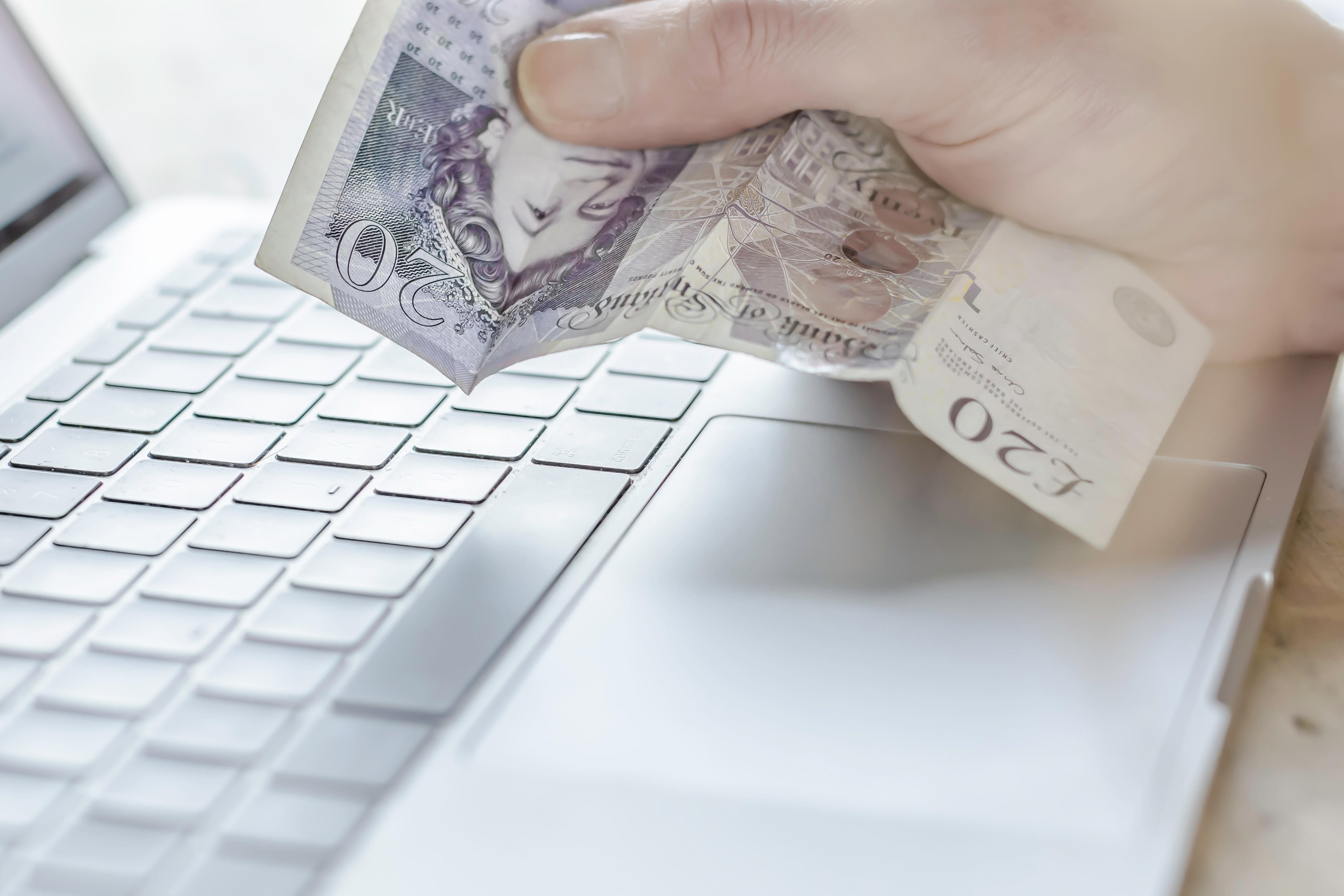Former fraudster issues vital warning to anyone selling their old tech

Your support helps us to tell the story
From reproductive rights to climate change to Big Tech, The Independent is on the ground when the story is developing. Whether it's investigating the financials of Elon Musk's pro-Trump PAC or producing our latest documentary, 'The A Word', which shines a light on the American women fighting for reproductive rights, we know how important it is to parse out the facts from the messaging.
At such a critical moment in US history, we need reporters on the ground. Your donation allows us to keep sending journalists to speak to both sides of the story.
The Independent is trusted by Americans across the entire political spectrum. And unlike many other quality news outlets, we choose not to lock Americans out of our reporting and analysis with paywalls. We believe quality journalism should be available to everyone, paid for by those who can afford it.
Your support makes all the difference.As the cost of living crisis continues many people will be selling off items to make some quick cash.
And according to latest research there could be as many as 31 unused working electrical items per household currently gathering dust in the UK.
If you’re looking to sell old tech you’ll want to make sure it doesn’t leave you being preyed on by fraudsters.
Tony Sales, an ex-fraudster who now uses his knowledge to help prevent financial crime, says while there are many positives to re-selling tech, it could be easy to forget just how much of our personal information is sitting on these devices.
Sales, co-founder of crime prevention specialists We Fight Fraud, explains: “Most people are not using Pins or passwords when we take our pictures, for instance of our passwords and our driving licences. The more demanding life is upon us, the more we have to do this stuff. If you don’t destroy that information on the device, someone like my old self Tony can come along and get that vital information.
“Credit checks are done on a basic load of information, like your name, your date of birth and your address. They’re three key pieces of information, and all of those are on a photo of your driving licence. Or a document that’s been sent to you online that has personal information on it.”
He says that if you have uploaded information onto devices that you’re going to try and sell on or recycle: “You have to make sure that you’re destroying the information first.”
Sales adds: “We all have apps and they include banking apps and all these types of things, so we have to make sure that we get rid of all that information.”

When getting rid of personal information from devices, it’s important to make sure it’s gone for good – so it cannot be retrieved again by criminals with the right know-how, who could use it to go on to commit fraud. Sales warns that processes for wiping information on gadgets can vary – and a standard factory reset on some devices may not be enough.
He suggests people take time to research their device and look at manufacturers’ advice. Recycle Your Electricals has also enlisted Sales’ help to update its own guide for data deletion on its website.
Sales continues: “It can take between 10 minutes to an hour to get that information off the device, sometimes it’s really quick, sometimes it’s a little bit complicated. And I know none of us want to be sitting around doing this stuff, we’ve all got better things that we could be doing.
“But the reality is, if you do that now and spend that vital time right now, you might not have to spend months sorting out the problem that comes because of fraudsters being able to steal your funds from a bank account, from information that was left on a device that you just didn’t even realise (was there).
“I really, really cannot enforce enough that it is so important to destroy that information. Always make sure you’re destroying and not just deleting your information. It’s about understanding what criminals can attack when it comes to data, and making sure we’re all being responsible for our own and getting rid of it. What we’ve got to be really conscious of is putting our information into other people’s hands.”
Not everyone is tech-savvy, of course – but there may be a trusted person in your family who you could ask for help with doing this. And so you don’t lose anything vital, it’s also important to remember to back up all your important files before signing out of all the accounts on your device, Sales adds. Don’t forget to remove any Sims or memory sticks from the device too.
And even if you’re not planning to sell your gadgets right now, it’s still worth considering how you can keep your personal information safe. Sales suggests keeping “good cyber hygiene”, including keeping information on mobiles locked behind passwords and Pins.
Research from Gumtree also indicates that replies on the website for tech such as mobiles and tablets have been exceeding listings – indicating a strong market for pre-loved gadgets. And selling unwanted tech isn’t only good for the bank balance, it can be positive for the planet too.
Join our commenting forum
Join thought-provoking conversations, follow other Independent readers and see their replies
Comments